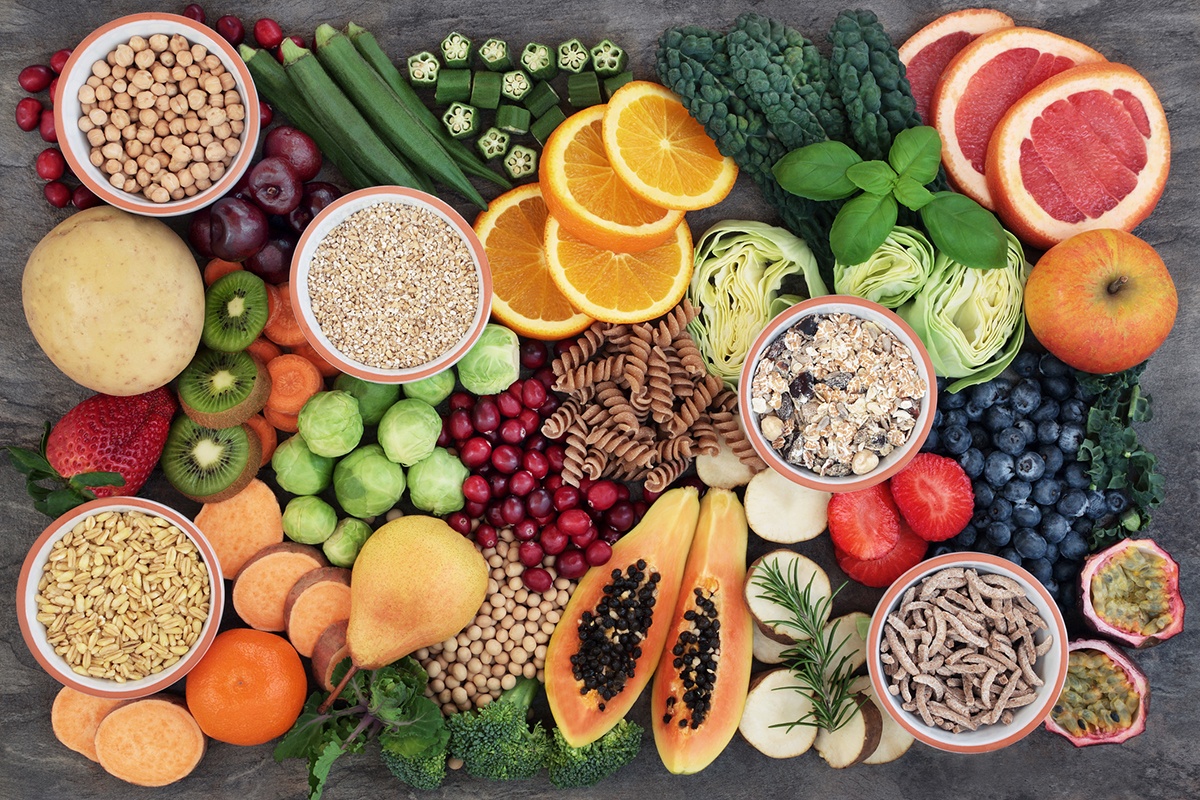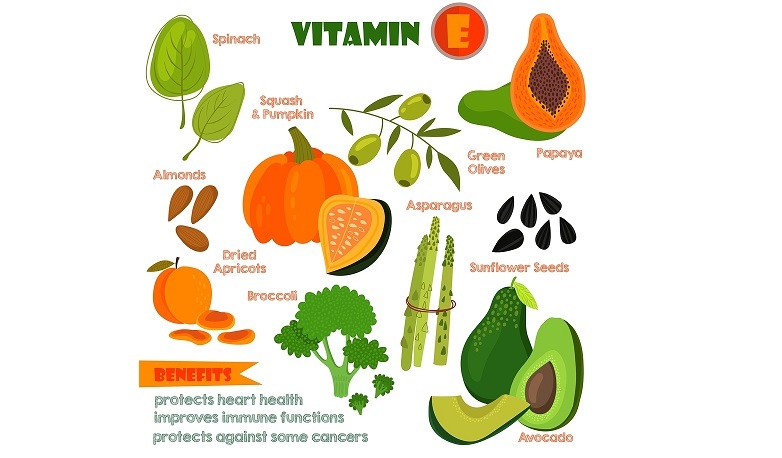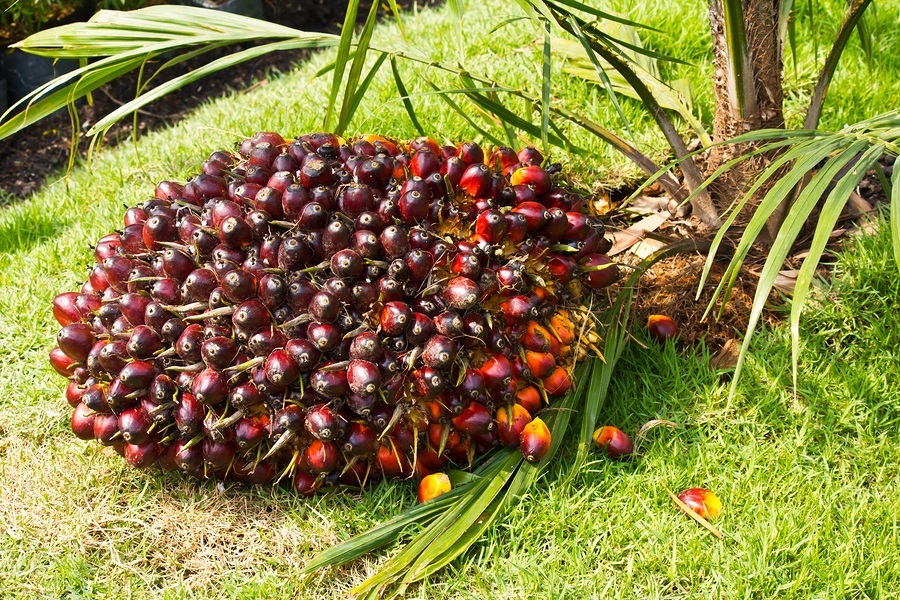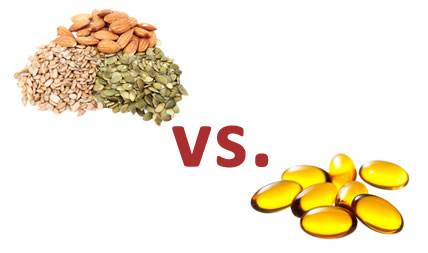Study: Natural Compound Doubles Cancer Survival Rates – Will the FDA Ban it?
New evidence on a key nutrient offers hope to cancer patients; will the FDA snuff it out? A new study on annatto-sourced delta-tocotrienol (one of the compounds contained in vitamin E) has shown incredible results for extending the life of ovarian cancer patients. It is a stunning finding that should be hailed as a major breakthrough, but don’t expect to hear much about it from the crony medical establishment, which does everything it can to prevent you from learning about the benefits of natural products. It’s hard to over emphasize how ground-breaking this study is. There have been studies on the anti-cancer effect of certain nutrients, but these are generally smaller in scale and use animal or in vitro models; never before has the ability of a nutrient to significantly prolong survival in cancer patients been demonstrated in a study of drug-level quality. Further, the authors of the study don’t explicitly say it, but implicit in the study’s results is that Avastin might not be required. Overall survival in patients on just Avastin was 5-7 months; for Avastin plus delta-tocotrienol, it was 11 months. This could mean that delta-tocotrienol is just as effective, if not more so, than Avastin—but more study would be required to establish this. These are astonishing results and great news for women with ovarian cancer. Because natural medicines generally cannot be patented—meaning the drug industry can’t make mega-profits from them—the government suppresses what the public can know about their benefits, lest drug companies lose some market share. The feds don’t tell us, for example, about the promising cancer research on vitamin C. In fact, the agency will try to block you from knowing about the benefits of these nutrients because they aren’t FDA-approved drugs, and only drugs can make claims to treat or prevent a disease. The FDA wouldn’t want to upset the cancer drug industry’s more than $100 billion market.








